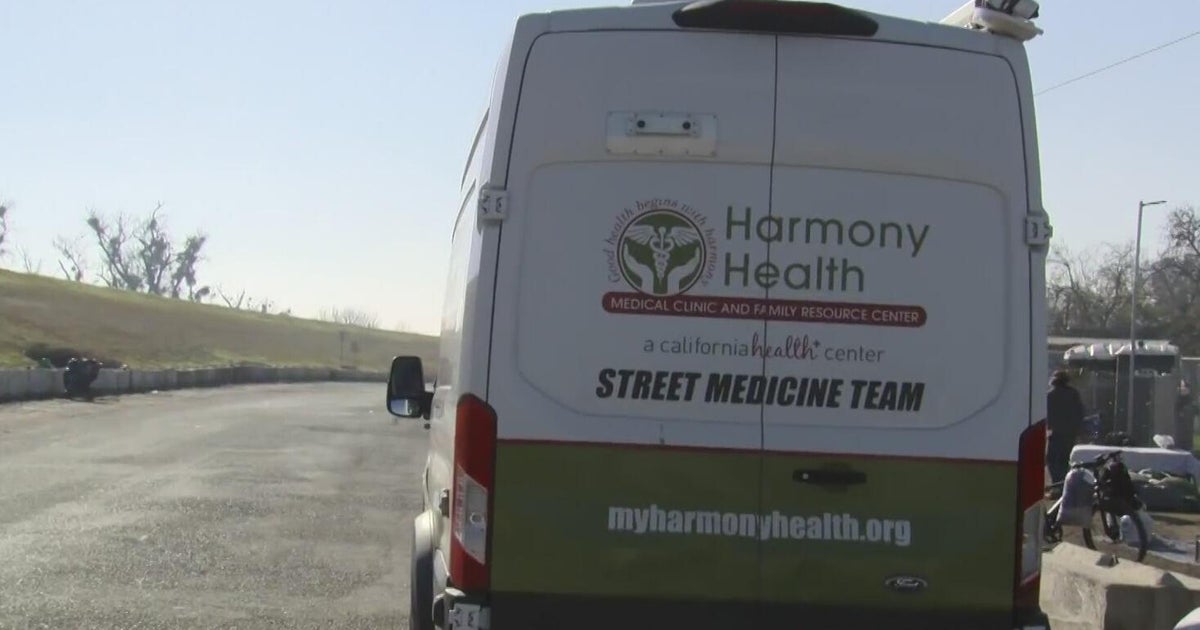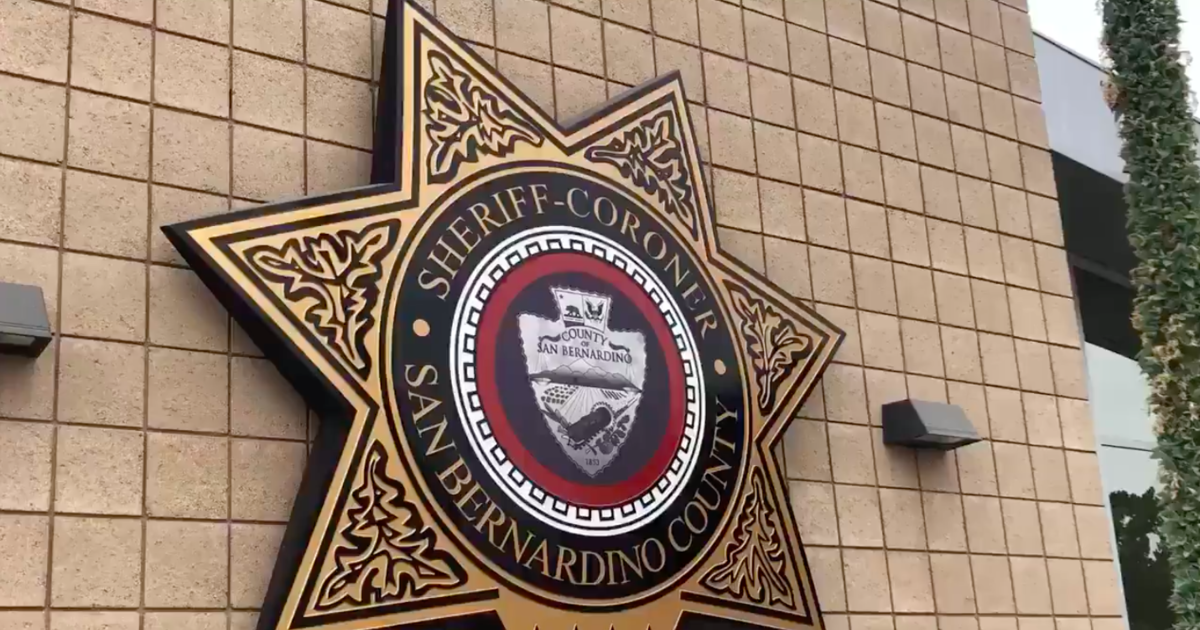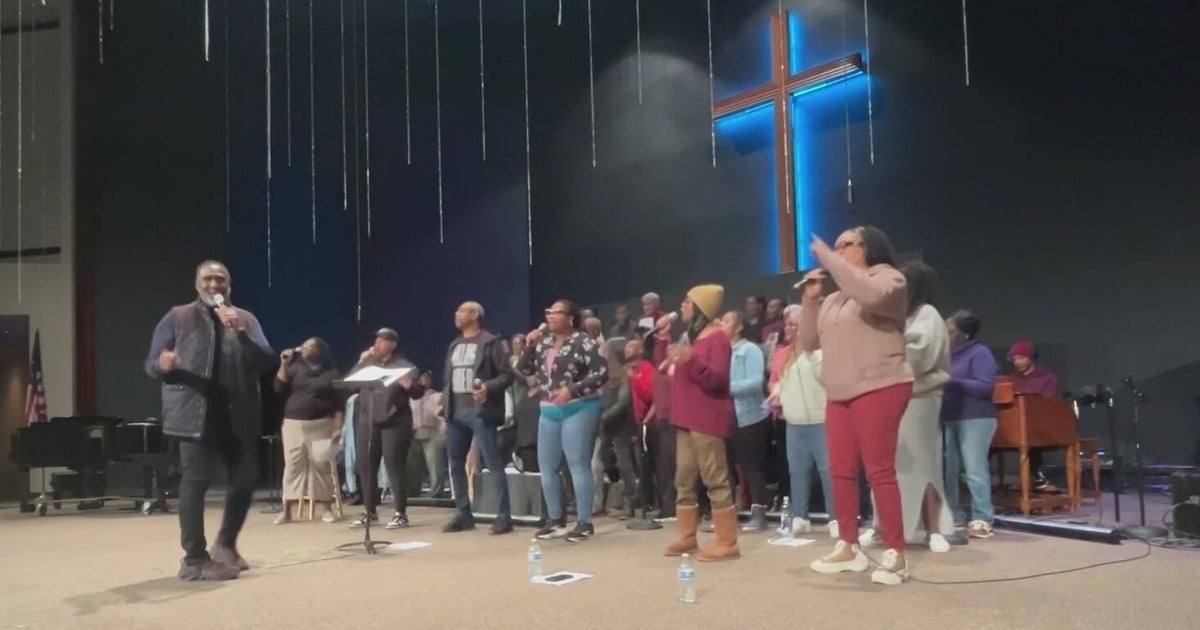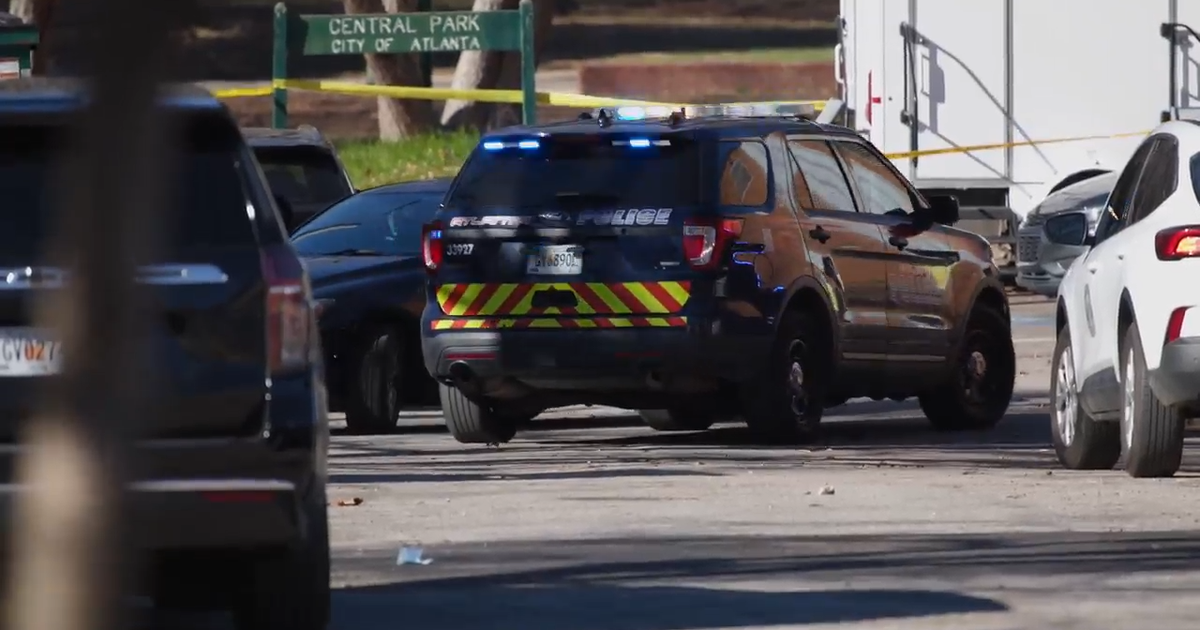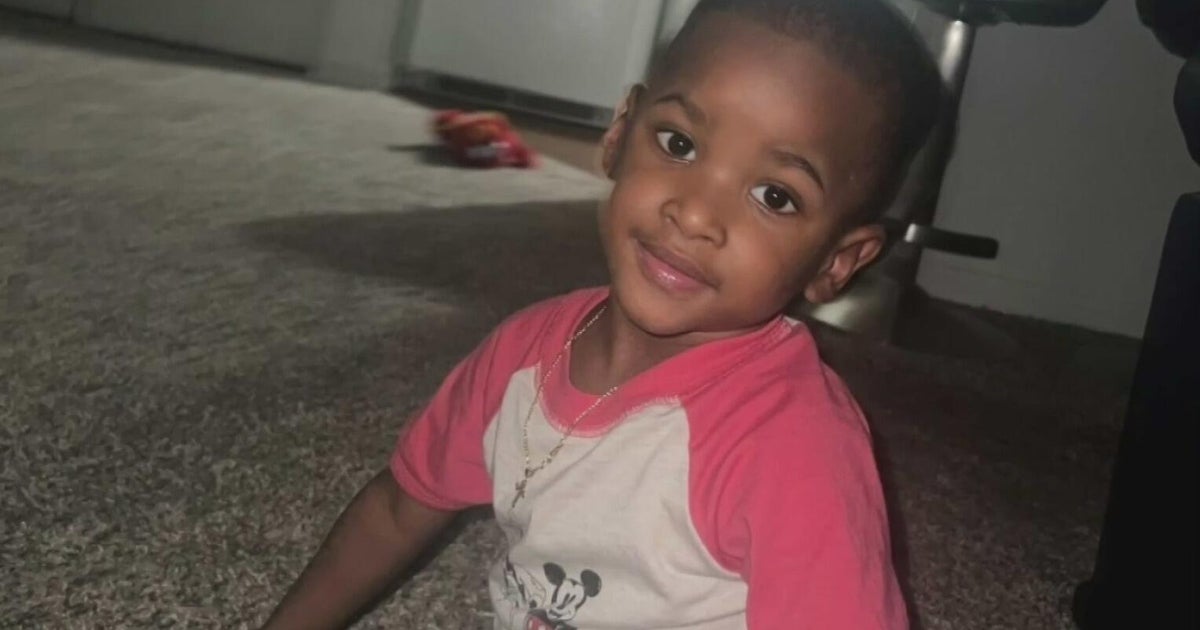Curiocity Interview: Ketch Secor Of 'Old Crow Medicine Show'
The Old Crow Medicine Show, based out of Nashville, Tenn., has been rocking the old-time, folk, stringed band genre for over 14 years, but really caught their break nationally when they released their hit-single, "Wagon Wheel," in 2004.
Lead man Ketch Secor (pictured above right of the middle) says that while he enjoys the popularity the band has received, he loves the fact that people are singing and performing Old Crow tunes across the country.
In the following interview, Secor shares how the band got its start by busking on street corners, his love of Bob Dylan and Midwestern beers, and his rabble-rousing political thoughts. Taken together, Secor's words are a unreservedly straightforward – and at times poetic – insight into Old Crow Medicine Show.
What are you working on, by the way? Anything you can tell us?
Oh, certainly. I'm making a record on Pokey Lafarge. He's in a jazz string band from St. Louis. He's been opening up a lot of dates for Jack White this year on the big Blunderbuss tour. So, he's been all over and we're excited to get him here working on this record.
Sounds great. I see that one of the band's big breaks was when the late Doc Watson heard you guys busking in North Carolina -- can you tell me more about that experience and how it helped the band along?
We started playing on street corners and we just happened to be playing on Doc's old corner. He started playing in the 1950s. That day we happened upon his old haunts on King Street and Boon bout 40 years later. We were busking there when his daughter heard us and went to get Doc so he could hear us. She walked her dad across the street and he gave a long listen – with his big ears – and pronounced it good and gave us a gig on the spot. So, we played at the festival that he has in honor of his son Merle Watson. It was a really big break for us. It resulted in our move to Nashville because somebody from the Grand Ol Opry, named Sally Williams, saw us there. She invited us to participate in some summer music events at the Grand Ol Opry House doing our street act, our busking, and that's why we came to Nashville about 12 years ago.
Are you guys still into making impromptu busking sessions? Do you have a favorite place for that?
Yeah, I love playing on the street corner. I love watching buskers. I like public performance. I think it's good for a city. It's enriching, you know. It's a cultural experiment out there. I was up in Detroit a couple weeks ago playing a show and I saw some, you know, drug-addled buskers and I watched them for a long time and I really enjoyed the art. I like performance and I think it's in our nature. There is something kinda wild and untamed about street performance. Even live music is so rehearsed. But on the street, anything goes and anything can happen. There's just wonderful ways to be a performer out there on the curb. It's the great equalizer. I mean I've playing in front of many, many thousands of people, but sometimes it's even harder to play in front a whole bunch of folks who don't know they have a ticket to your show. You gotta get them to stop in their tracks and take a listen – and pay ya. It's a tough act and if you can do it, you're good. I sat in with those dudes in Detroit. You gotta keep your harmonica on you at all times.
How many instruments do you play?
I'm a multi-instrumentalist – maybe six or seven. In an Old Crow set, I tend to blow a lot of harmonica, play the banjo, some guitar and a lot of fiddle. But the banjo is my love. I'll play that till I'm old.
I know it's a classic question, but who are your musical influences and how have they shaped your musical expression, and, in turn, the band's musical direction?
Well, maybe most of all, your native son, Bob Dylan. Certainly, Bob Dylan … Bob Dylan ... Bob Dylan. More than anything else. More than any book or song or story or play. The work and the recorded work of Bob Dylan. It's the most profound influence on me. And then the other people that really influenced me tend to be the same people who influenced Bob Dylan. My mother also had a big influence on me and continues to shape my musical expression. Also, John Hartford, a musician that I met in 1st grade in Missouri and he came and performed. I wanted to play the banjo after that.
I see that you've described the band's music as similar to rollercoaster. Can you explain that further?
I really like this guy Paul Oliver, he's a musicologist … he had a great sense of the folk lore that's built into a song. I was reading this book of his and he's quoting from a song by a group in the 1920's called the Mississippi Shieks, and they got a tune called Bootleggers Blues or something. It goes, "you gotta make it through the woods if you can." It tracks the story of a dude who was running whiskey and he's got the dogs and revenuers running him down, hunting him down, he's got all the alcoholics trying to waylay him while he makes his run to Memphis with the goods. I often feel that sense of urgency in the music that we play. It's come a long way and it's been barreling the whole time, you know, at a breakneck speed to get to you in the present, to the listener, to the moment. I feel a lot of ghosts in the music pushing it on, spurring it on. It's a powerful horse to ride -- these songs -- especially in 2012, when it's more urgent than ever for traditional music to take a stand and be heard.
The hit single, "Wagon Wheel," just took off around 2004 and the music video has something like 12 million-plus hits on YouTube. Do you welcome all the mainstream popularity your band has received through this, or do you kind of shun it?
No, it's not really mainstream, because it's not on the TV and it's not on the radio. I'm not a very technologically advanced person, but the band sure has benefitted from the fact that you can click on to something and pass it along with your friends. But I'm more interested in the fact that the song has been sung by so many people. Yeah, the video might have been seen 12 million times, but there's probably about 12 million performances of the song, too. I'm happy to have co-written a song with Minnesota's most famous native boy – even though we haven't meet. I'm just glad to have a couple pen strokes on the corner of the master's canvas.
You describe the album, Carry Me Back, as the pinnacle so far of the band's craft. In what ways is this so? Both musically and lyrically? Describe further.
There's a lot of layers of the music when you're working with traditional music sources. As a thief of this music, I wanna steal a little bit from all of them. There's such good stuff to borrow from, to reinterpret, to reapply. So, with this batch of tunes … songs like "Levi" and "Ain't It Enough" are drawing off of specific songs, songcraft, lyric and musical phrase from way on back. I've found a way as a song writer to steal from 100 years and more.
You guys recently made a film, Big Easy Express, that documents last year's tour with Mumford and Sons and Edward Sharpe and the Magnetic Zeros. It's now playing. How was that experience?
It was pretty amazing to be out on the rails, playing live shows and getting on the train when the show was over and playing all night long. Probably the greatest tour I've ever been a part of just in terms of the fun, the comradery, the adventure, the spirit. Kind of felt for a while, in the moment of it, that the whole world was on a train and that everything was good. We were just in a constant motion. The world was in motion and all our problems were just back down the line.
The three of us bands pulled from very different sides of this genre of ours – not sure of what to call it. But certainly the Old Crows representing the string band sound rooted in the most tradition, Mumford with the pop and the hero dance hall drum beat and their great harmony singing and then the Zeros, with their kaleidoscope, you know, sunshine day dream beauty – their sunflower sutra that's spun into everything. We were a pretty groovy bunch.
How did it come about?
It started with a partnership that was forged between the three bands. The origins came out of the Edward Sharpe camp who must have been toying with the idea for some time.
You guys are hitting Minneapolis next Friday, what should fans expect to see at your show?
We've played in Minneapolis quite a few times. Often times, it'll be in St. Paul at the Fitzgerald for Prairie Home Companion. Talking about influences from Minnesota, Garrison Keillor taught our band a whole lot about performance. You know, that show goes all around the country and every town the show stops off in, it's that show's hometown. They tailor the show to those places. We're that way, too. We've learned that this kind of music sounds best when you're a hometown bunch of boys. So, we like to be the hometown band in all the towns we play in, tailoring our show to the land of lakes.
I look forward to settling down at Mill City Nights and seeing what it's all about. Every show is different, every show is live, every show is in the moment. Every show, one of the things that's always the same is that we're hanging on for dear life, because the music takes over, you know?
A quick change in directions … are you a drinkin' man? If so, what's your drink of choice?
I could tell you what it used to be! I like that New Glarus beer they make up there in Wisconsin. Ya'll have a lot of great beer up there. I'm not quite sure why that is. I also like that Leinie (Leinenkugal's) and I've had a lot to drink in the Twin Cities. Probably enough at this point.
Lastly, we've talked a lot about the music aspect of your sound, but, lyrically, what type of message do you prefer presenting to the audience?
There's a lot of impressions that I'd like to leave upon an audience as a performer. I think that music is love and music is a deep spirit that's bigger than just the night that it's being played. That music can heal. The audience is the most important member of the band, we're just trying to play the tunes and have fun with it. It takes the unification of all of those people out there for it to be a really great night. That's what we aim for every night is to make that crowd out there come alive and beat the drum with that collective excitement, hope and joy. It's a real honor to get to share that message with people.
In addition to that, politically, I've always been a bit of a rabble-rouser. I think I only picked up a fiddle because it made me a bit bigger on my soapbox. I'm against the war. I'm against all wars. I'm against the military-industrial complex. I'm against environmental degradation. I think that those things need to change in our country right away, right away, right now. I correspond with a number of GI's. I love to get my letters from Afghanistan – I get them a couple times a month – and I think of it as news from the front. I like to read a letter to the crowd because I'd like them to be mindful about the fact that there is killing in our name going on in every moment that passes. There's killing for profit going on in our name all over the world. I just want to recognize it, and the men and women who have to (serve in the military) have the hardest job in our country and deserve the utmost respect. Simultaneously, it's got to end.
The Old Crow Medicine Show is playing at Mill City Nights on Friday. Doors open at 8 p.m. For information on tickets, click here.

